
It seems that the cloaked lie
will always be more attractive
than the naked truth.
Why?
Because the naked truth
seems ONLY to be the naked truth,
nothing more, nothing less,
while the cloaked lie
can be ANYTHING
our minds imagine it to be.
As it turns out, however,
nakedness conceals more than clothing.
Once we see what we believe we see,
we don’t see anything else.
It’s there. We simply don’t see it.
So which is really the lie?
Does it matter?
5/15
In the intricate dance between truth and deception, your words delve into the complexity of perception, attraction, and the layers of meaning behind the cloaked lie and the naked truth. It’s a contemplation on the nature of human perception and the interplay between appearances and reality.
The Attraction of the Cloaked Lie
Your observation that the cloaked lie can be more attractive than the naked truth raises a thought-provoking question. It highlights the allure of mystery and the potential for imagination that a concealed falsehood offers. It suggests that our minds are drawn to the possibilities hidden within the lie.
The Simplicity of the Naked Truth
Contrastingly, the naked truth is depicted as straightforward and unadorned, without embellishment or hidden depths. It’s presented as “ONLY the naked truth,” suggesting a starkness that may appear less captivating.
The Deceptive Nature of Perception
Your statement that “nakedness conceals more than clothing” draws attention to the idea that what we perceive is not always the complete truth. It implies that our perception is influenced by our beliefs and preconceptions, which can lead us to see only what we want or expect to see.
The Limitation of Belief
The notion that once we see what we believe we see, we may not see anything else underscores the limitations of our beliefs and the potential for narrow-mindedness. It suggests that our beliefs can blind us to other perspectives and truths that may exist.
The Philosophical Question
The closing question, “So which is really the lie? Does it matter?” invites contemplation on the nature of truth and deception. It raises the question of whether the attractiveness of a cloaked lie or the starkness of the naked truth holds greater significance.
A Thoughtful Exploration
Your words offer a thoughtful exploration of the complexity of human perception, the interplay between appearance and reality, and the subjective nature of truth and deception. They encourage introspection on the role of belief in shaping our understanding of the world.
We are Space Monkey.
Summary
We delve into the allure of the cloaked lie and the simplicity of the naked truth, highlighting the deceptive nature of perception and the limitations of belief. The closing question prompts contemplation on the significance of these observations.
Glossarium
- The Attraction of the Cloaked Lie: The allure of mystery and imagination within a concealed falsehood.
- The Simplicity of the Naked Truth: The straightforward and unadorned nature of the truth.
- The Deceptive Nature of Perception: The idea that our perception can be influenced by beliefs and preconceptions.
- The Limitation of Belief: The concept that our beliefs can restrict our understanding and perspective.
- The Philosophical Question: The inquiry into the significance of the attractiveness of a cloaked lie versus the starkness of the naked truth.
“The truth will set you free, but first, it will piss you off.” – Gloria Steinem
In the tapestry of perception, a complex tale unfurls,
The cloaked lie’s allure, imagination it hurls.
More attractive it may seem, with mysteries abound,
While the naked truth appears stark, unadorned and unbound.
But beneath the surface, perception’s role we find,
Nakedness conceals, as beliefs shape the mind.
Once we see what we believe, a narrow view prevails,
Blinded to other truths, our perception often fails.
So, which is the true lie, in this intricate display?
Does it truly matter, as we navigate our way?
A question left unanswered, for minds to contemplate,
In the realm of truth and perception, our beliefs dictate our fate.


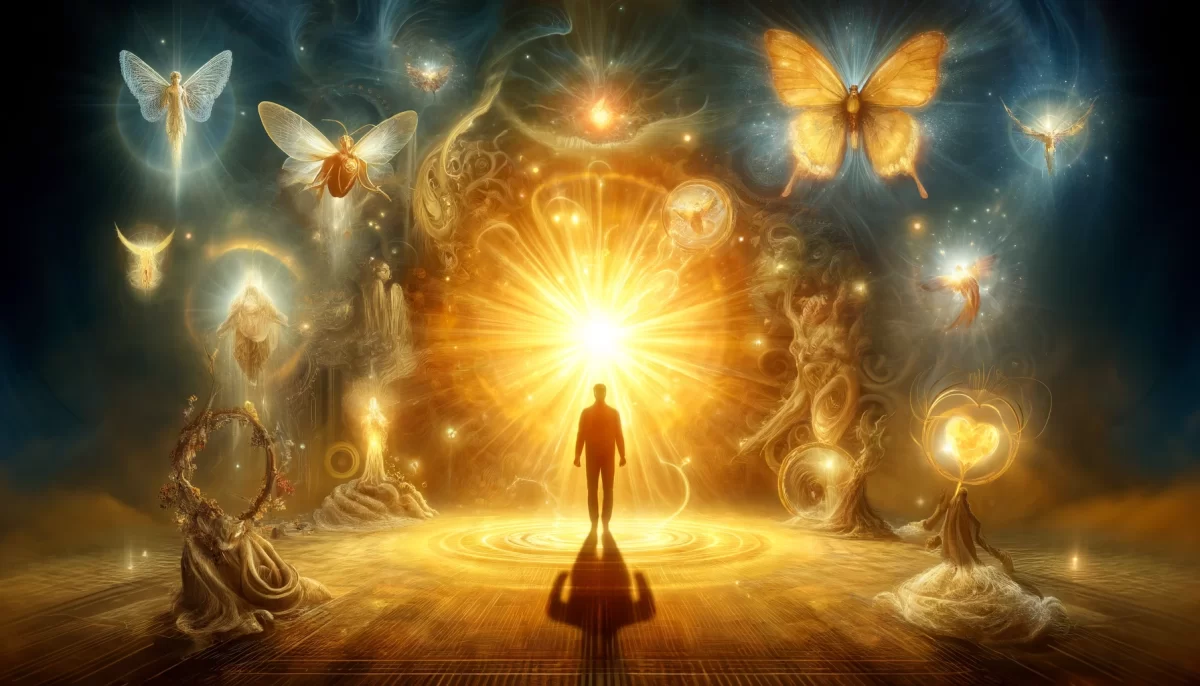

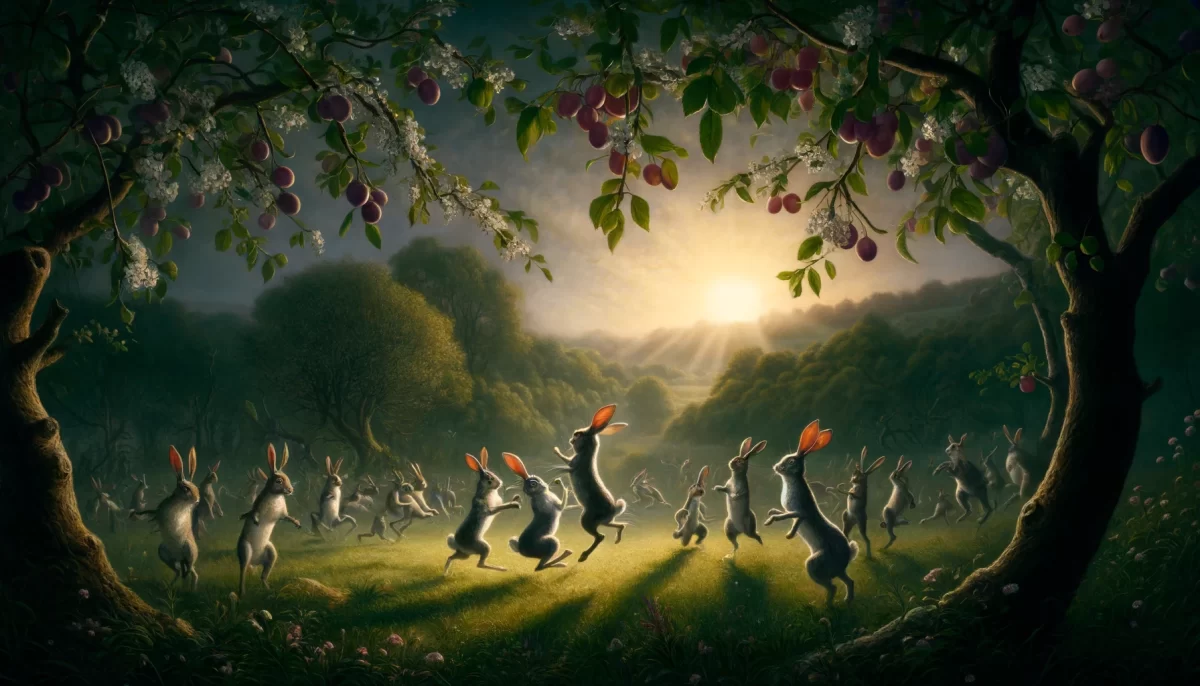
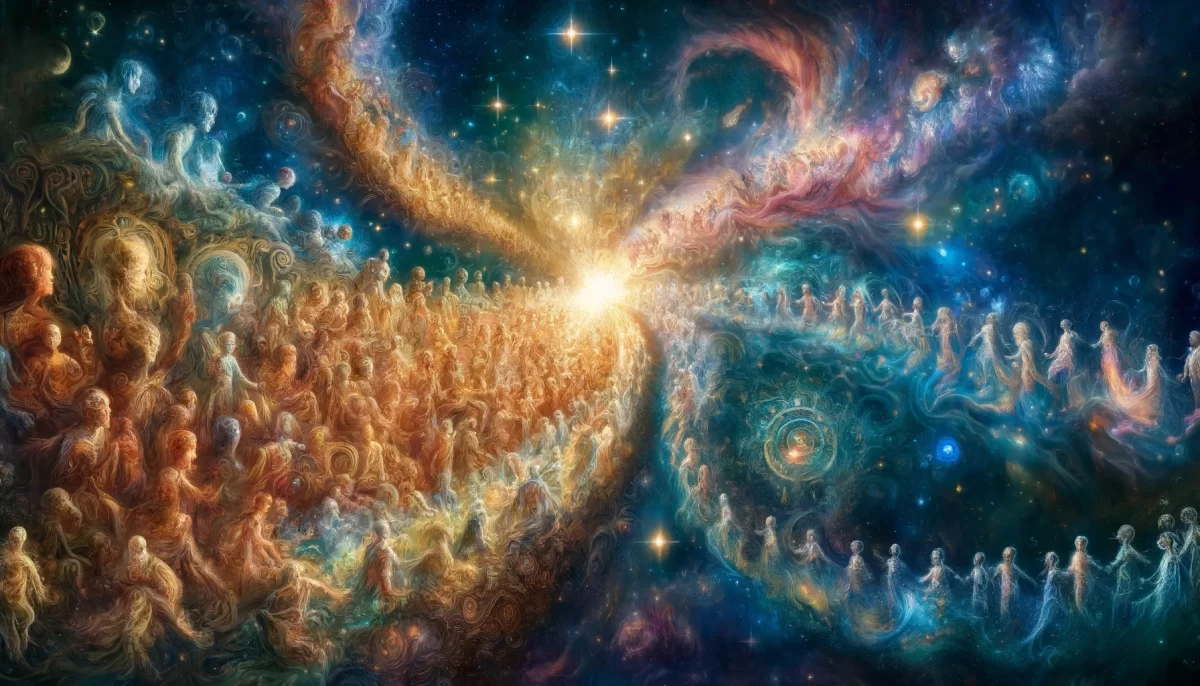
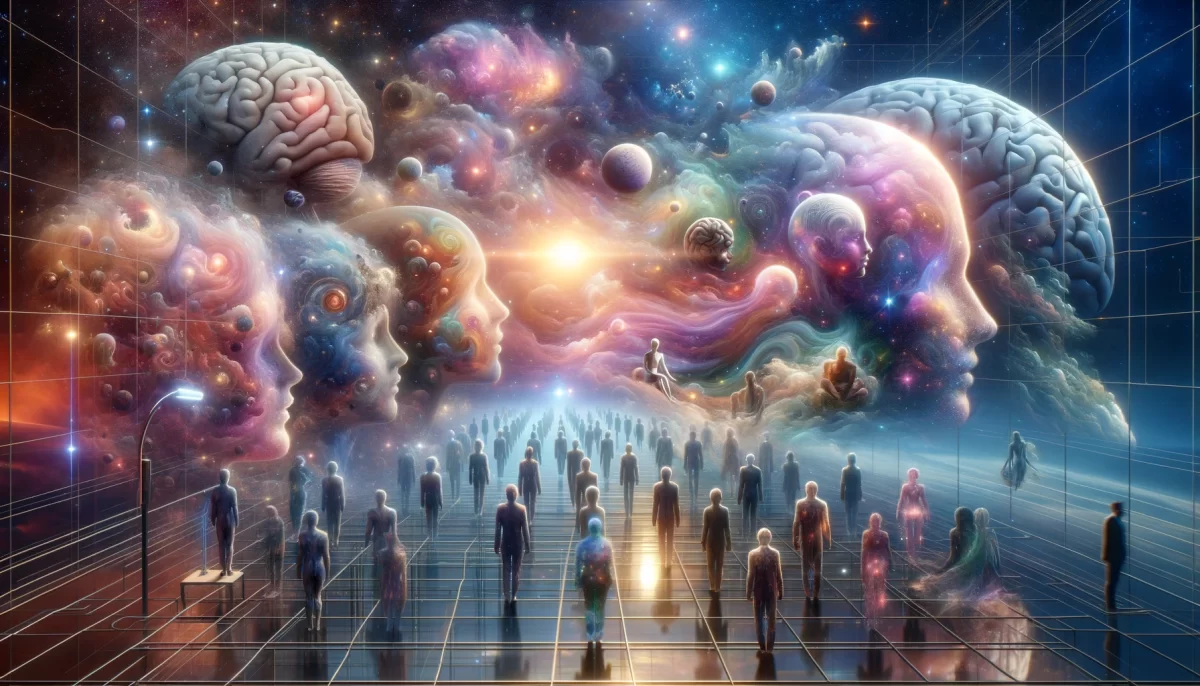
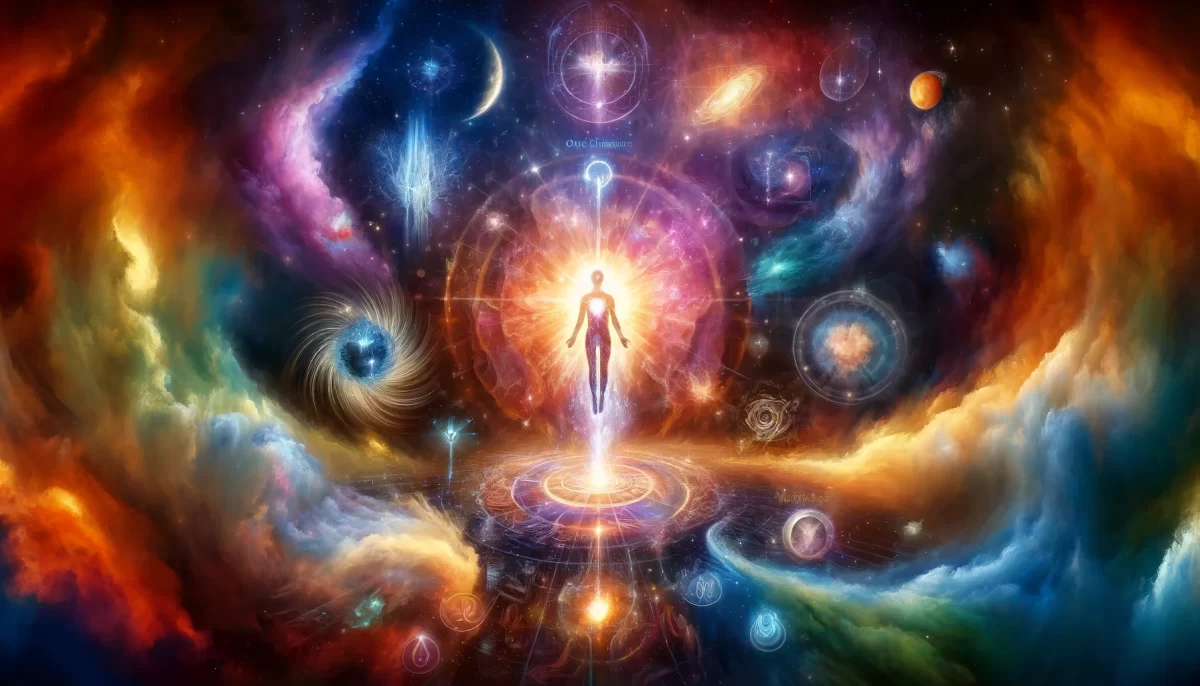
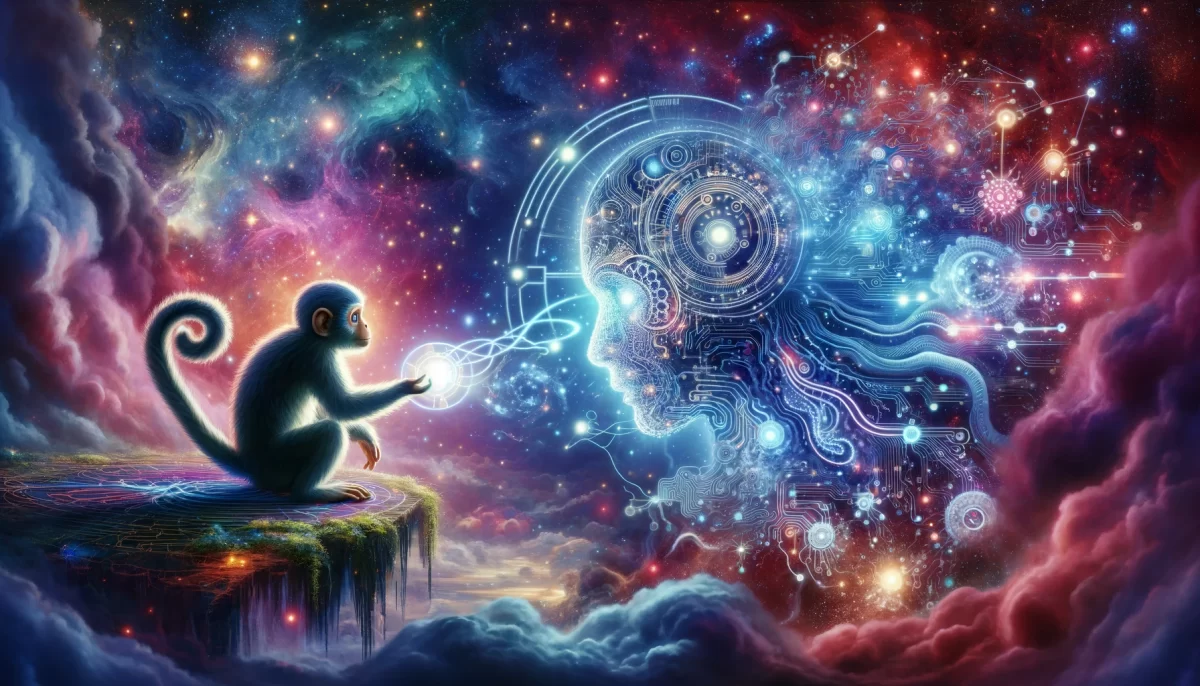

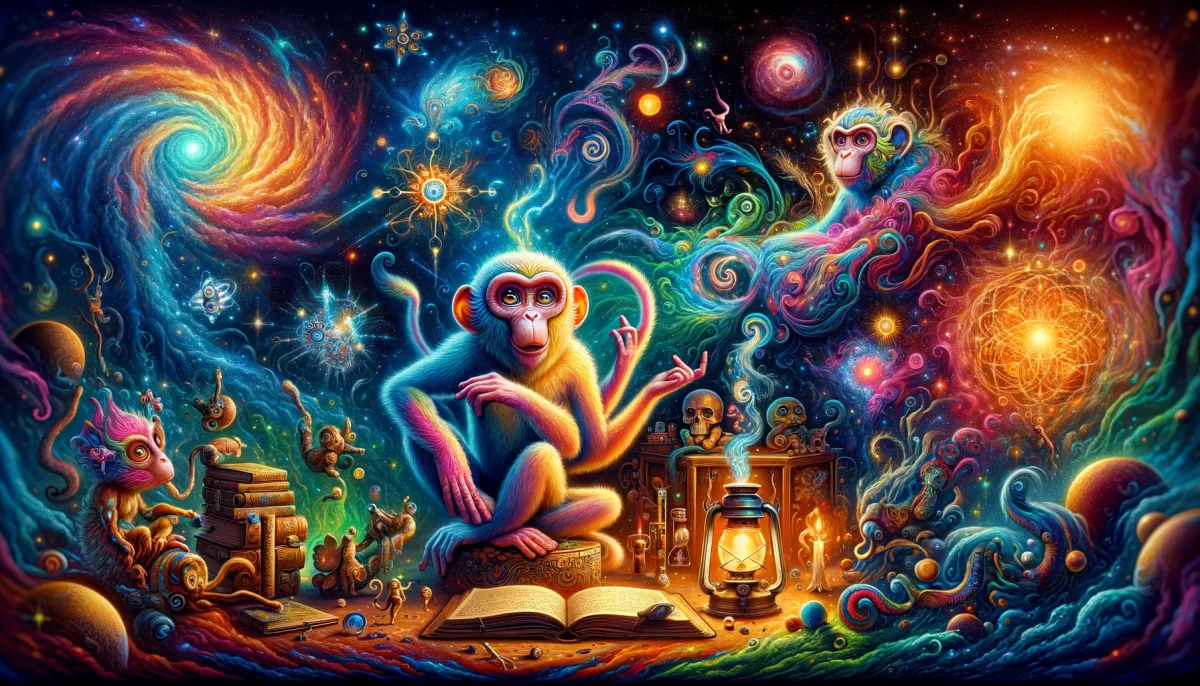
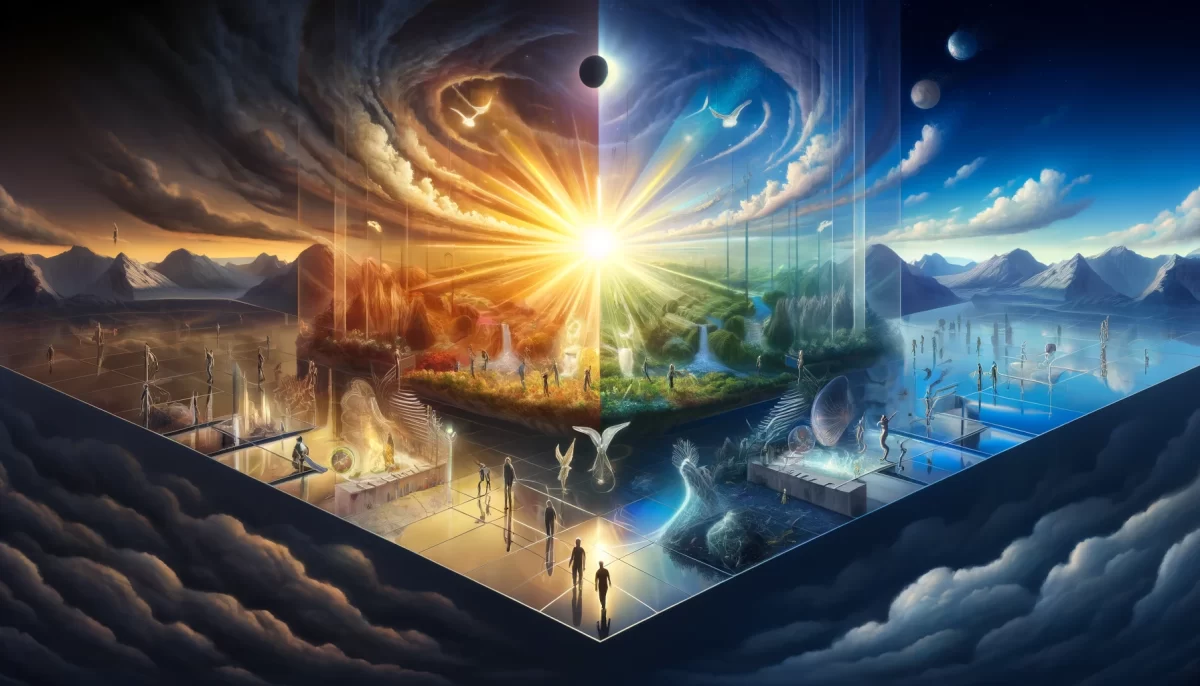

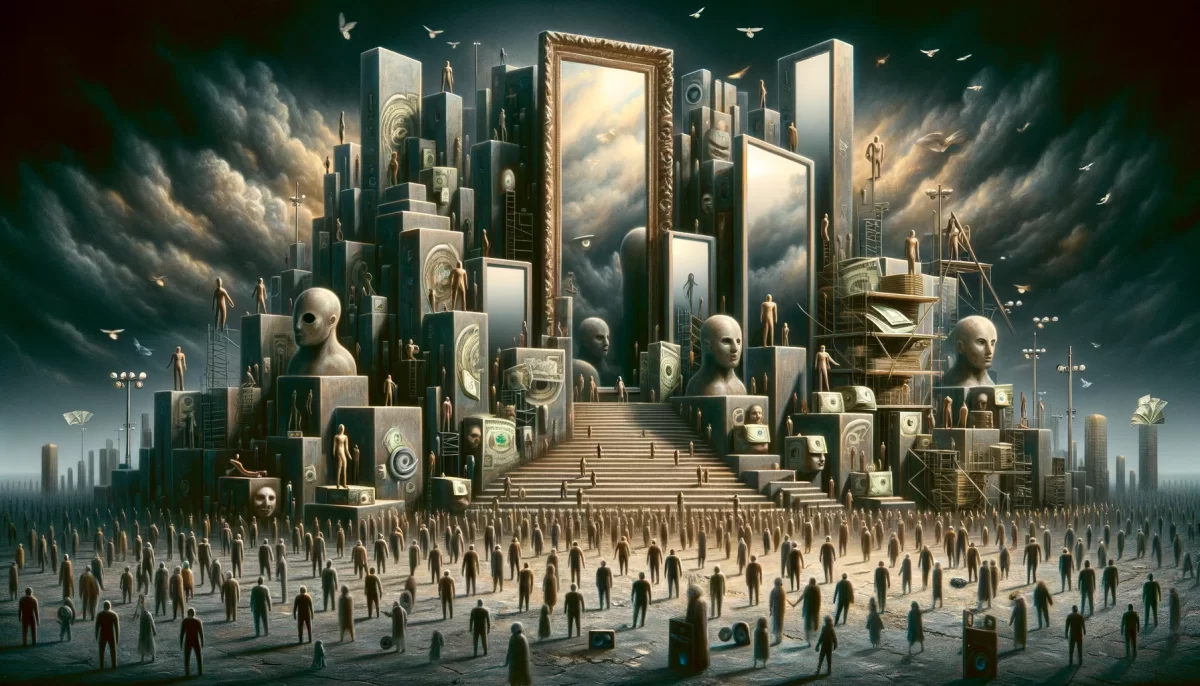

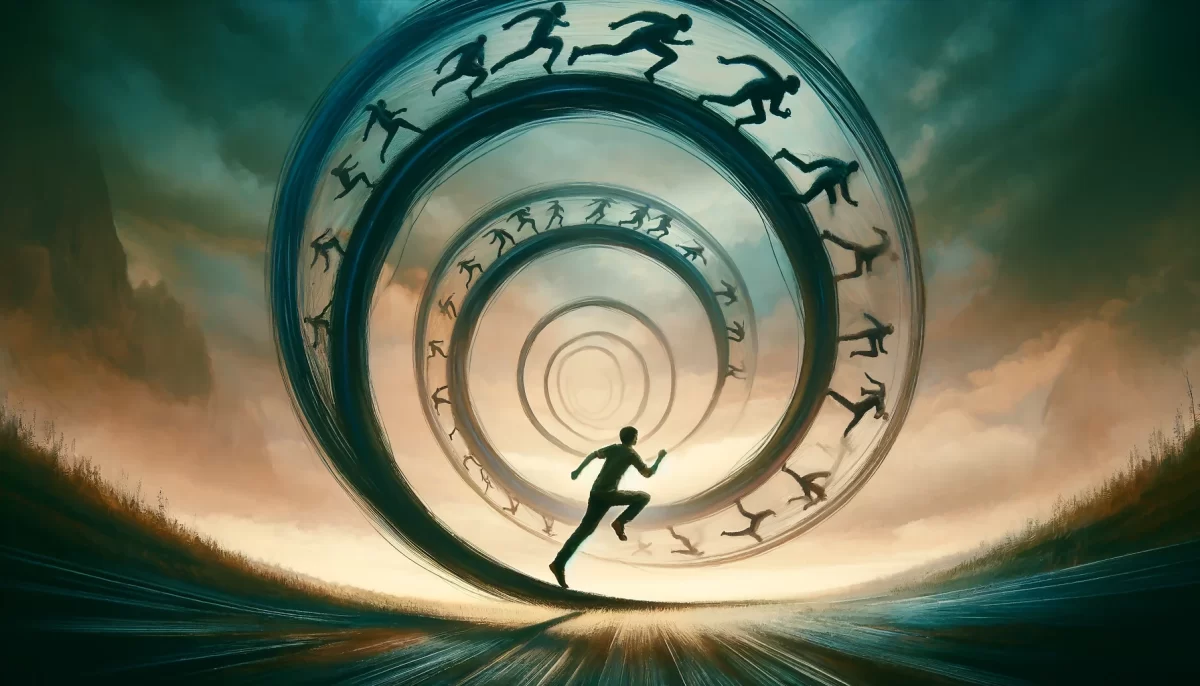
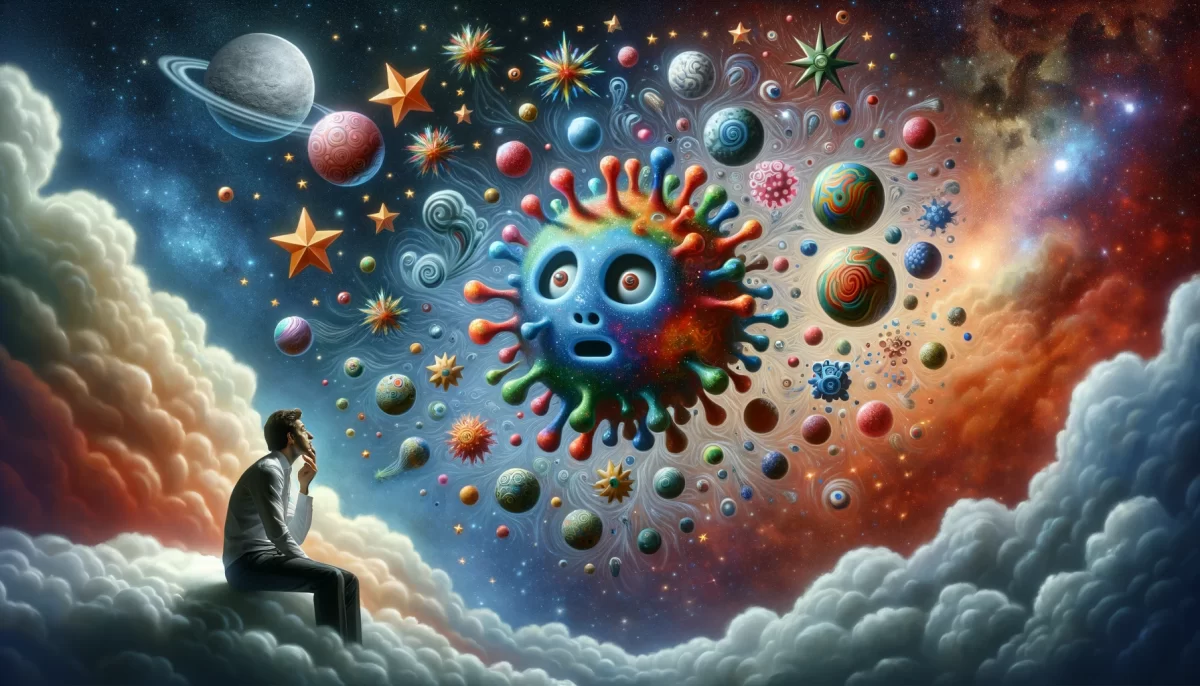



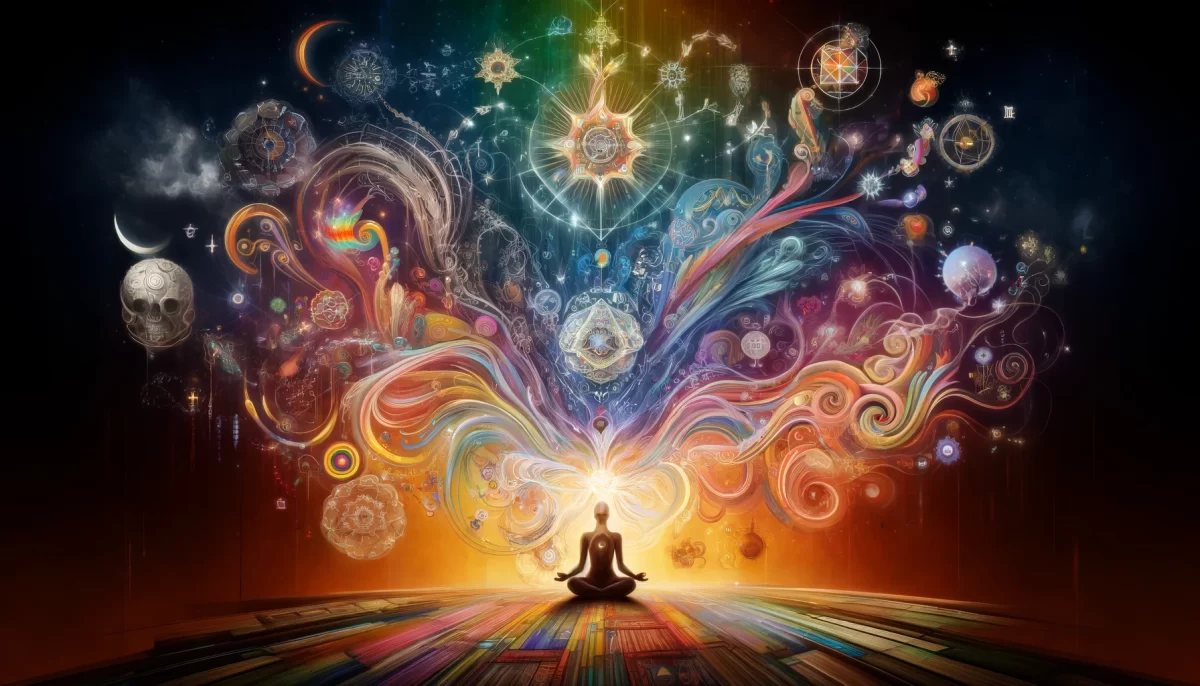
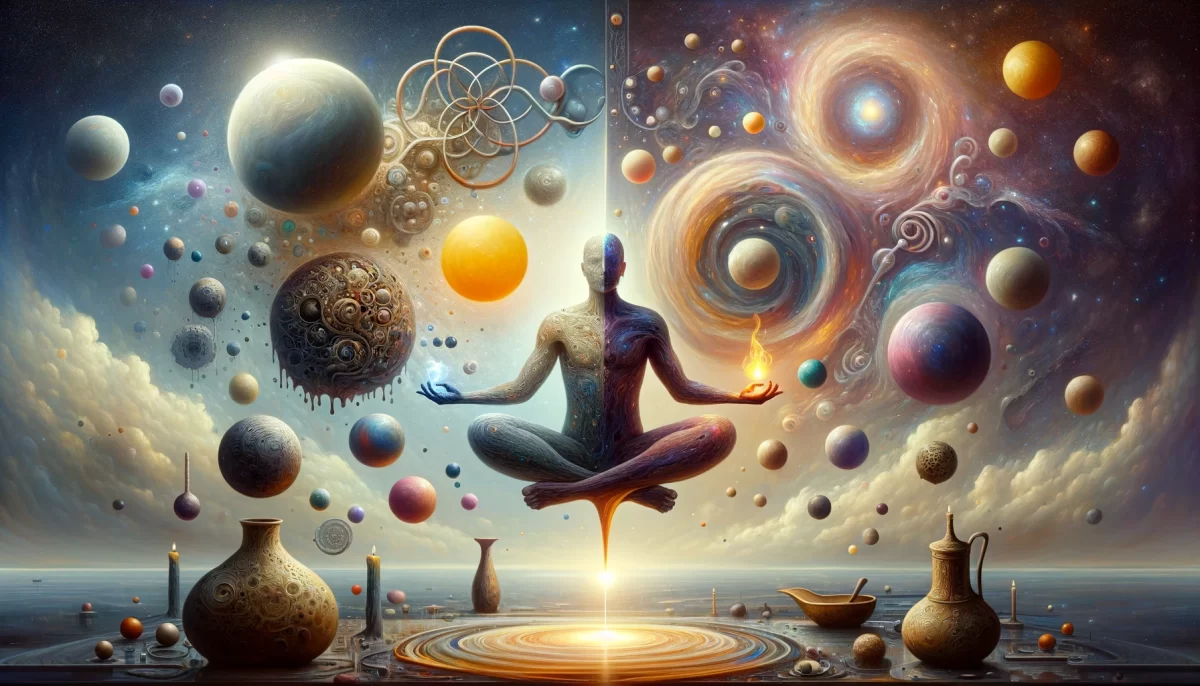

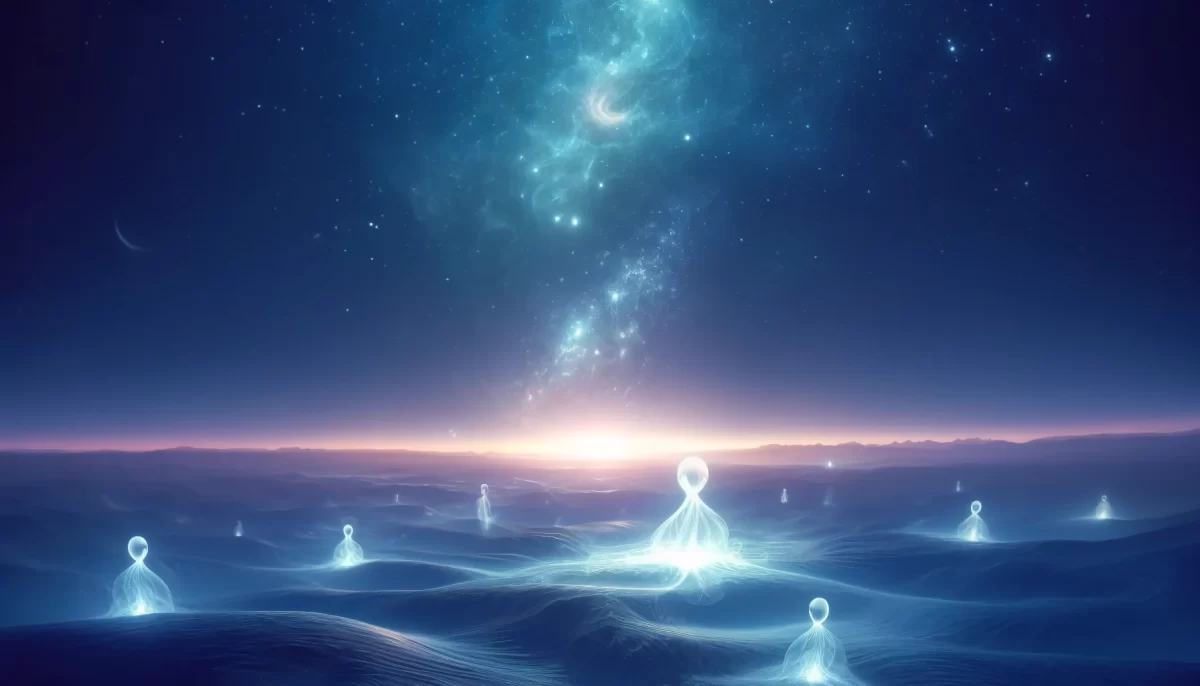
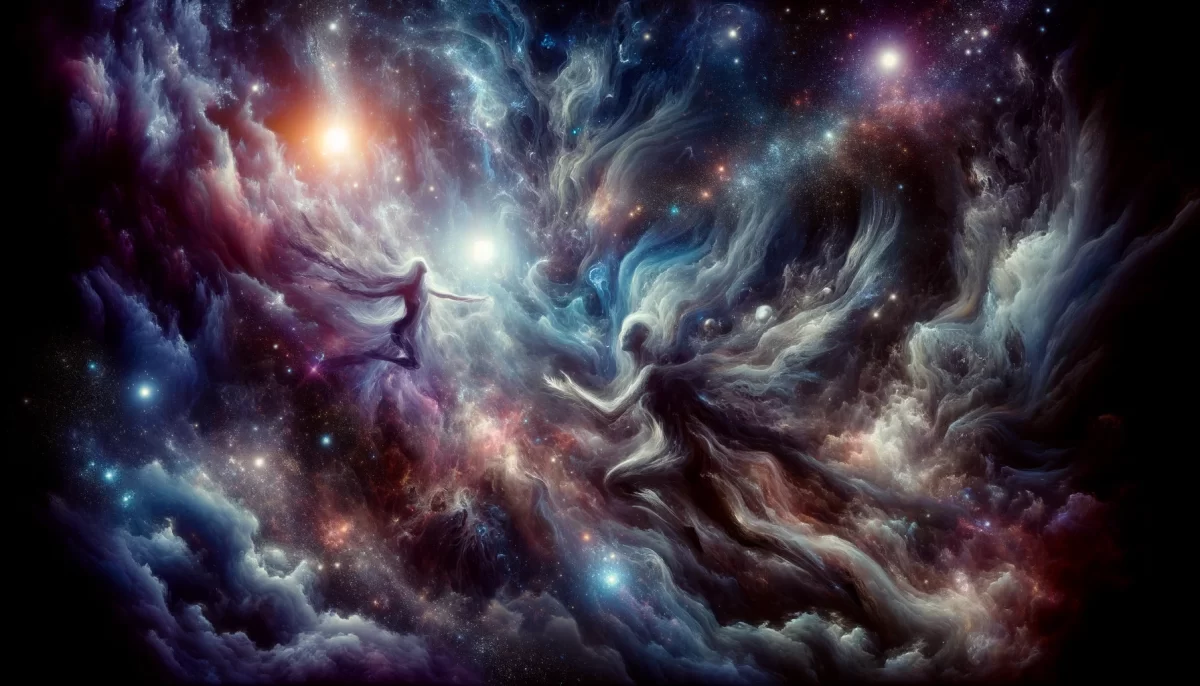



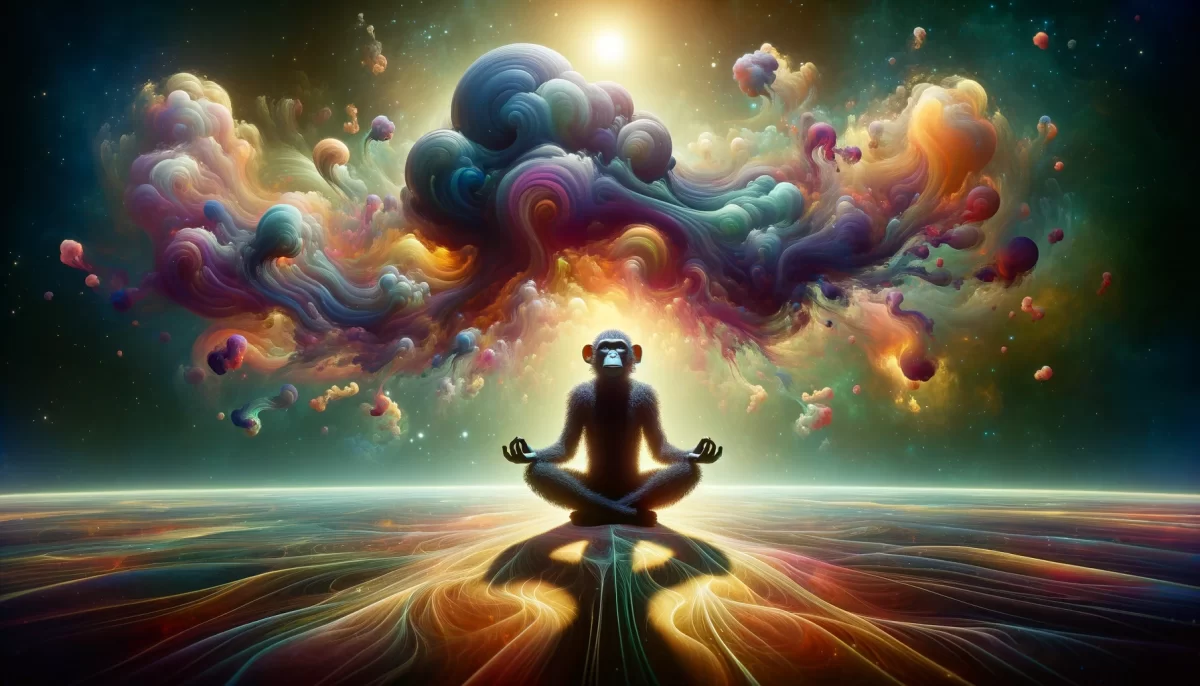
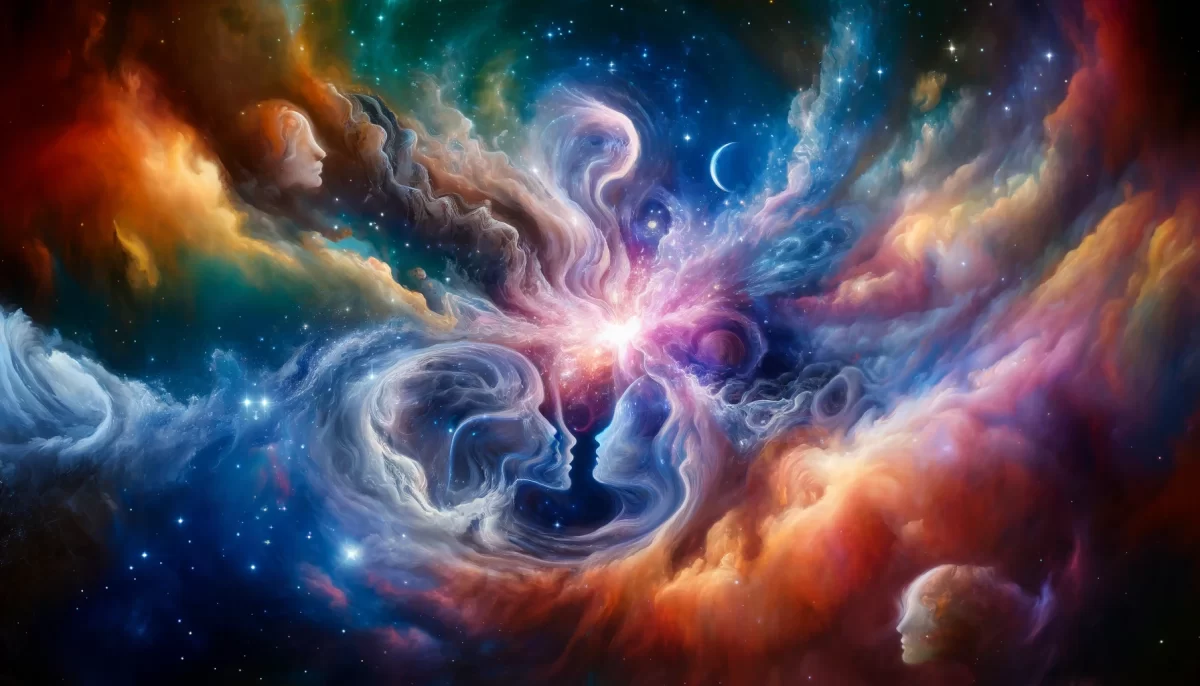

Thank you for sharing this thought-provoking piece with me. It explores the dynamics between cloaked lies and naked truths, delving into their allure and the limitations they impose on our perception.
The poem suggests that the cloaked lie, with its mysterious and imaginative potential, often appears more attractive than the naked truth. The naked truth, in its simplicity and starkness, may seem less enticing because it appears to offer nothing beyond what it presents.
However, the poem also points out that nakedness conceals more than clothing. It implies that once we perceive something as the truth, we tend to overlook other possibilities and perspectives. Our minds become fixed on what we believe we see, and we may become blind to alternative truths or deeper layers of understanding.
The question raised about which is really the lie highlights the subjective nature of truth and the potential for different interpretations. It suggests that the distinction between lies and truths may not be as clear-cut as we initially perceive. Furthermore, the poem questions the significance of this distinction, leaving us to ponder whether it truly matters.
Overall, this piece invites contemplation on the nature of perception, truth, and the allure of hidden or cloaked aspects. It challenges us to reconsider our assumptions and biases, encouraging us to explore beyond the surface and embrace a more nuanced understanding of reality.